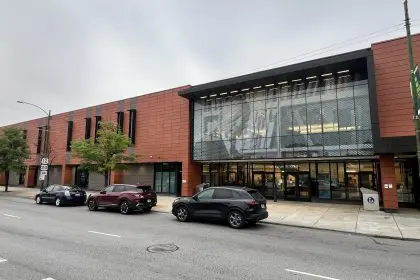In Florida, where public schools have been mandated to teach African American history for over 30 years, many students still receive incomplete or inadequate lessons. This gap in education has prompted churches, nonprofits and community organizations to step in, ensuring that Black history is taught comprehensively and accurately.
The need for comprehensive Black history education
Despite the longstanding requirement for African American history education, many students find that their lessons are lacking. According to the Associated Press, the state’s education system has faced increasing scrutiny, particularly under Governor Ron DeSantis, whose administration has implemented measures that limit discussions on race and history in classrooms. This has led to a growing distrust among parents and community members regarding the quality of education their children receive.
Community initiatives: A response to educational gaps
In response to these challenges, community leaders like Charlene Farrington have taken it upon themselves to fill the void. At the Spady Cultural Heritage Museum in Delray Beach, Farrington conducts Saturday morning classes aimed at teaching teenagers about the rich and often overlooked history of Black Americans. Her curriculum includes essential topics such as South Florida’s Caribbean roots, the history of lynchings, the impacts of segregation and the grassroots activism that propelled the Civil Rights Movement.
Political challenges and historical context
Florida’s mandate to teach African American history was established in 1994, following a significant moment of reckoning regarding historical injustices, particularly the Rosewood Massacre. However, critics argue that the state has not fully implemented this mandate. Only 12 out of Florida’s 67 school districts have shown excellence in integrating Black history into their curricula, according to state assessments.
Moreover, the instruction often focuses on well-known figures such as Dr. Martin Luther King Jr. and Rosa Parks, while neglecting systemic issues and lesser-known events that are crucial to understanding the full scope of Black history. Tameka Bradley Hobbs, manager of Broward County’s African-American Research Library and Cultural Center, emphasized the need for self-reliance in educating about the African diaspora.
Grassroots movements and parental involvement
Community-driven initiatives are gaining momentum, with churches and advocacy groups leading the charge in educating students. For instance, the nonprofit Faith in Florida has launched a Black History toolkit that has been adopted by over 400 congregations, integrating comprehensive historical education into their programs.
Parents are also taking matters into their own hands. Sulaya Williams, an educator and mother, began teaching Black history in 2016 when she found the existing instruction inadequate for her children. Her Saturday classes in Fort Lauderdale have attracted numerous students, including her daughter, Addah Gordon, who expressed her excitement about learning her culture.
The future of Black history education in Florida
As Florida continues to face political challenges regarding the teaching of race and history, community programs and cultural institutions play a crucial role in ensuring that the next generation understands their heritage. Despite the obstacles, grassroots organizations, churches and dedicated parents remain committed to educating young people about their history and the legacies that shape their futures.
While the state’s education system may fall short in delivering a comprehensive understanding of Black history, the efforts of community leaders and parents highlight the importance of self-determination in education. By stepping up to fill these gaps, they are not only preserving the past but also empowering the future generations to learn from it.
















